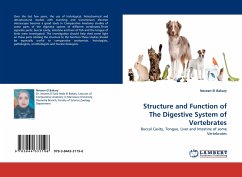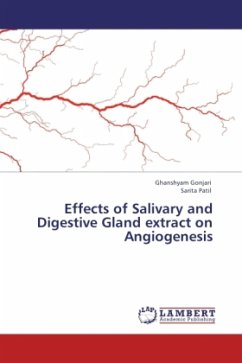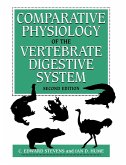The process of digestion is a fascinating and complex one that takes the food we place in our mouth and turns it into energy and waste products. This process takes place in the gastrointestinal tract, a long, connected, tubular structure that starts with the mouth and ends with the anus. The stomach muscles further mix the food. At the end of this process, the food you placed in your mouth has been transformed to a thick creamy fluid called chyme. This thick fluid is then pushed into the duodenum.The food is propelled forward within the system, altered by enzymes and hormones into usable particles and absorbed along the way. Other organs the liver, gallbladder, and pancreas support the digestive process. The time it takes for food to travel from entering the mouth to be excreted as waste is around 30 to 40 hours. Digestive enzymes all belong to the hydrolase class, and their action is one of splitting up large food molecules into their 'building block' components. Another unique property is that they are extracellular enzymes that mix with food as it passes through the gut. The end goal is to break large food molecules into very much smaller passes.








